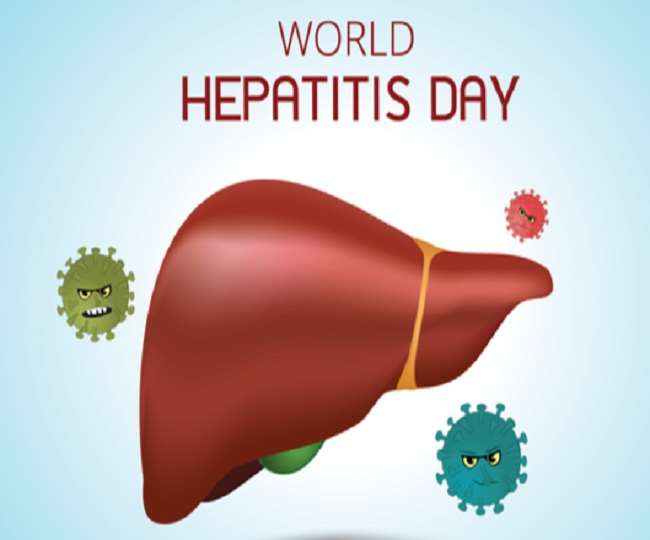World Hepatitis Day
World Hepatitis Day is observed each year on 28 July to raise awareness of viral hepatitis, an inflammation of the liver that causes severe liver disease and hepatocellular cancer. This year’s theme is “Hepatitis can’t wait”, conveying the urgency of efforts needed to eliminate hepatitis as a public health threat by 2030. With a person dying every 30 seconds from hepatitis related illness – even in the current COVID-19 crisis – we can’t wait to act on viral hepatitis.
Hepatitis refers to an inflammatory condition of the liver. It’s commonly caused by a viral infection, but there are other possible causes of hepatitis. These include autoimmune hepatitis and hepatitis that occurs as a secondary result of medications, drugs, toxins and alcohol. Autoimmune hepatitis is a disease that occurs when your body makes antibodies against your liver tissue.
Types of Hepatitis
- Hepatitis A
- Hepatitis B
- Hepatitis C
- Hepatitis D
- Hepatitis E
Causes
Here are some of the specific ways the hepatitis A virus can spread.
- Eating food handled by someone with the virus who doesn’t thoroughly wash his or her hands after using toilet.
- Drinking contaminated water
- Eating raw shellfish from water polluted with Sewage
- Being in close contact with a person who’s infected – even if that person has no Signs or symptoms
- Having sex with someone who has the virus
Symptoms
- Fatigue
- flu-like symptoms
- dark urine
- pale stool
- abdominal pain
- loss of appetite
- unexplained weight loss
- Yellow skin and eyes, which may be signs of jaundice.
Treatment
- Hepatitis A – Hepatitis A usually doesn’t require treatment because it’s a short-term illness. Bed rest may be recommended if symptoms cause a great deal of discomfort. The hepatitis A vaccine is available to prevent this infection. Most children begin vaccination between ages 12 and 18 months. It’s a series of two vaccines.
- Hepatitis B – Acute hepatitis B doesn’t require specific treatment. Chronic hepatitis B is treated with antiviral medications. This form of treatment can be costly because it must be continued for several months or years. Hepatitis B can be prevented with vaccination. The CDCTrusted Sourcerecommends hepatitis B vaccinations for all newborns. The series of three vaccines is typically completed over the first six months of childhood.
- Hepatitis C – Antiviral medications are used to treat both acute and chronic forms of hepatitis C. People who develop chronic hepatitis C are typically treated with a combination of antiviral drug therapies. They may also need further testing to determine the best form of treatment. Currently, there is no vaccination for hepatitis C.
- Hepatitis D – No antiviral medications exist for the treatment of hepatitis D at this time. Hepatitis D can be prevented by getting the vaccination for hepatitis B, as infection with hepatitis B is necessary for hepatitis D to develop.
- Hepatitis E – Currently, no specific medical therapies are available to treat hepatitis E. Because the infection is often acute, it typically resolves on its own. People with this type of infection are often advised to get adequate rest, drink plenty of fluids, get enough nutrients, and avoid alcohol. However, pregnant women who develop this infection require close monitoring and care.
Prevention
The use of vaccines is an important key to preventing hepatitis. Vaccinations are available to prevent the development of hepatitis A and B. The hepatitis A and E can be prevented by avoiding local water, ice, raw or uncooked shellfish and oysters, raw fruit and vegetables. The hepatitis B, C and D can be prevented by not sharing drug needles, not sharing razors, not sharing someone else toothbrush and not sharing spilled blood.


